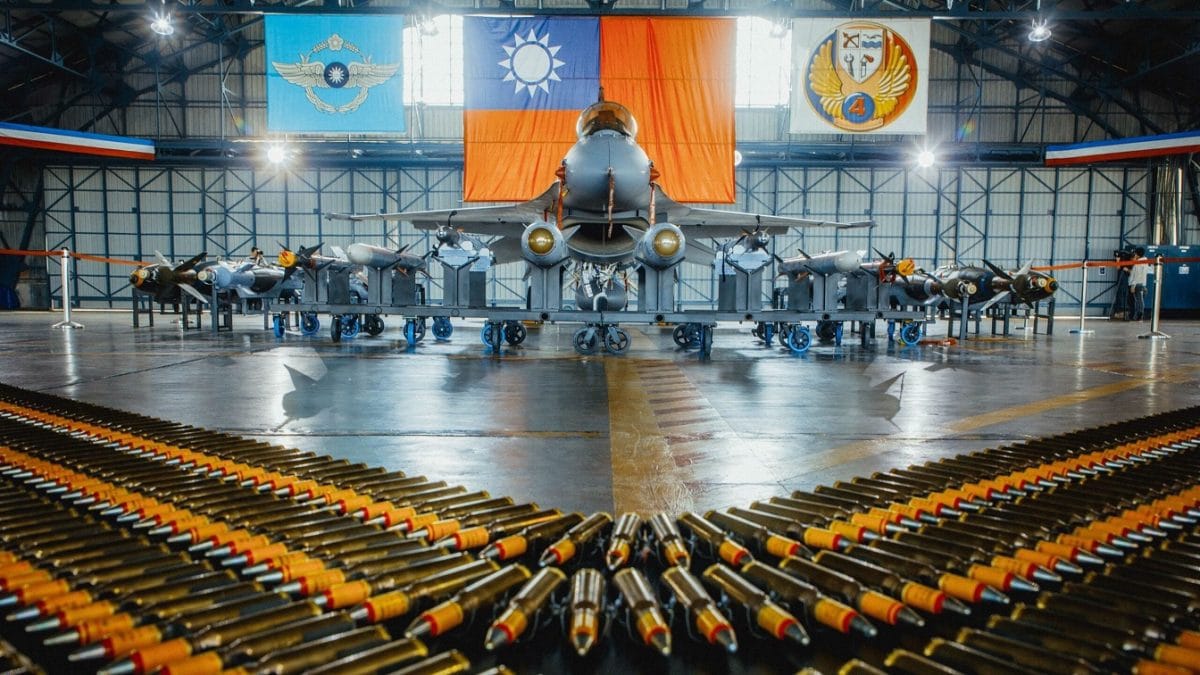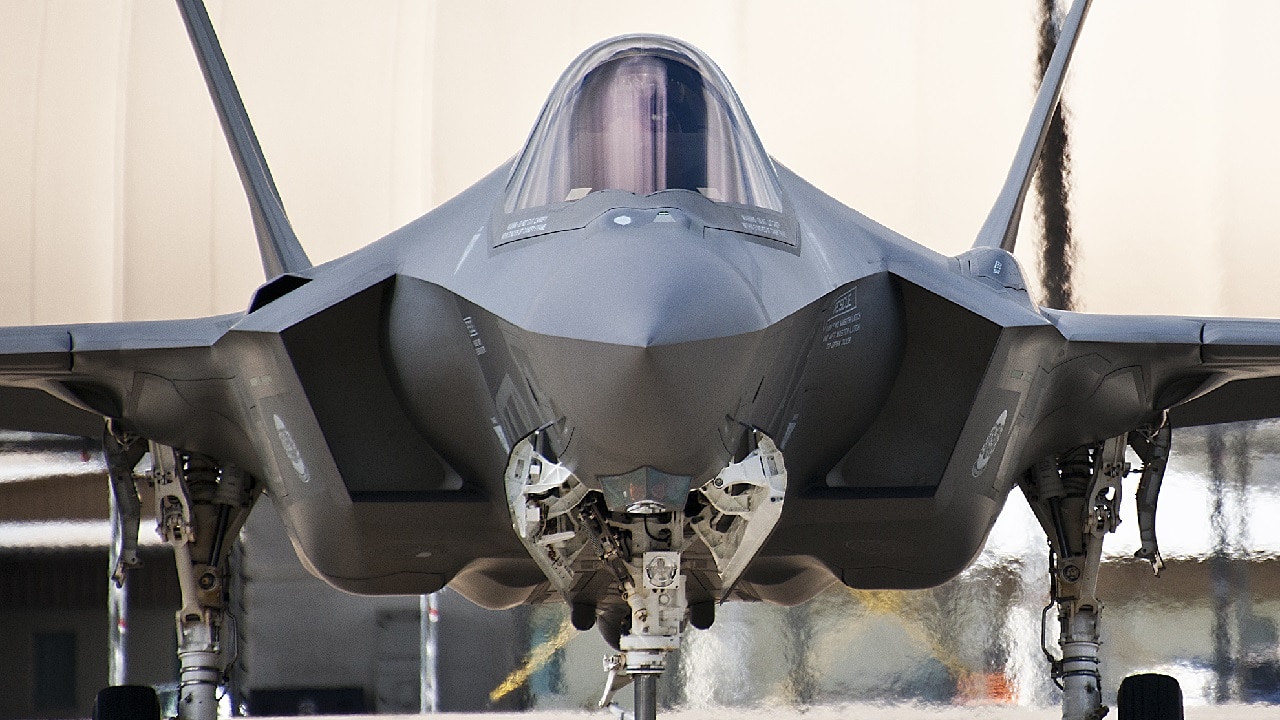When Will China Invade Taiwan? – Xi Jinping cannot stop talking about war, he is fast preparing China’s civilians and military for it, and he demands that Taiwan submit to his communist state.
As the Chinese foreign ministry declared on the 15th of this month, Taiwan is “the core of the core interests of China.”
The people of Taiwan, who mostly do not view themselves as “Chinese,” will not agree to Xi annexing their homeland, so he will have to take the island republic by force if he is to rule it.
That raises one of the most important questions in the world today: When will China invade?
China’s Taiwan Attack Plan
Xi, as President Joe Biden said in off-the-cuff remarks in June, is a “dictator.” Does China’s dictator have, inside the Communist Party, sufficient power to order an invasion on his own?
That’s not clear.
Nonetheless, he can, I think, eventually get what he wants when it comes to Taiwan.
There are for Xi, from all we can tell, three principal sets of considerations as to timing of an attack: the electoral calendar in the U.S., internal political developments in Taiwan, and his timetable based on China’s domestic situation.
It’s hard to figure out what is the most important factor for the ambitious Chinese leader.
As an initial matter, Taiwan politics could be inhibiting Xi for the moment. Taiwan holds its next presidential election on January 13, 2024.
Vice President Lai Ching-te of the Democratic Progressive Party is leading by 16.8 points in a recent poll.
Lai is in front in large part because the opposition is divided among two declared candidates—Hou Yu-ih of the Kuomintang and Ko Wen-je of the Taiwan People’s Party—and a potential candidate from a third camp, Terry Gou. Undoubtedly, Beijing hopes the three China-friendly camps can decide on a single candidate to oppose Lai, who favors a strong and independent Taiwan.
An invasion, therefore, is unlikely until the opposition candidates sort themselves out. Should, however, Beijing believe that Lai will win, Xi will almost certainly ramp up pressure on the island in a last-ditch effort to sway voters.
As one observer said, the Chinese want Taiwan to “fear war.” A Lai win, which would certainly be a victory for the free world, might convince Xi to invade.
On the other hand, Xi undoubtedly thinks he can push around Biden.
Biden, unfortunately, has been openly appeasing China in the last several months, and that might give Xi the idea that the U.S. would not defend Taiwan, at least before January 20, 2025.
That’s not a good look for the U.S. Xi’s recent purge of the two senior officers of the Rocket Force, the branch of the People’s Liberation Army controlling almost all of the country’s nuclear weapons, suggests he wants to threaten the use of nukes to get a weak-looking Biden to stand down.
The last factor is internal. “My assessment is that Xi Jinping is not influenced by external timetables, whether the Taiwan or U.S. election cycles,” Steve Yates, chair of the China Policy Initiative of the America First Policy Institute, told 1945. “He is driven by his own vision for a modern cultural and geopolitical revolution that keeps the Communist Party in power and attacks its enemies.”
As Yates sees it, “China crumbling economic system is the greatest threat to Xi and his chosen mission.”
China’s economy and financial system are showing signs of severe stress. Big property companies, the mainstays of the economy, are defaulting; the currency is plunging; stock prices are falling; investors are pulling money out of the country; businesses are leaving Chinese soil.
On the 10th of this month, Biden at a Democratic Party fundraiser in Utah proclaimed that “China is in trouble.” At least Xi Jinping and the Communist Party are. Biden correctly called the country “a ticking time bomb.” “They have got some problems,” the President said. “That’s not good, because when bad folks have problems, they do bad things.”
Xi Jinping is as bad as they come, especially in China. He is being blamed for the deteriorating situation, and because he has amassed almost unprecedented power he has no one else to hold accountable. Moreover, during his rule he has substantially increased the cost of losing political struggles.
China’s ruler, therefore, must have a low threshold of risk. In other words, he now has incentives to act recklessly.
Xi Jinping will soon have to make a choice. He can either let alarming internal developments take him down and end the rule of the Communist Party or he can rally the Chinese people with a war.
China is not ready to go to war, but in a perverse way that actually increases the chances of Xi Jinping starting one.
Why? Xi can see that America is unprepared because Biden thinks that an unprepared China will not go into battle. There is, as everyone can see, a lack of sense of urgency in the Oval Office and among the senior ranks at the Pentagon.

New Taiwan F-16V fighter jet. Image Credit: ROC government.
What Biden does not realize is that the Communist Party may decide, for various reasons, to go to war when it is not ready.
“For the past 40 years, China’s Communist Party has been preparing for brutal war, and now the ruling organization is accelerating its plans,” Richard Fisher of the International Assessment and Strategy Center told me recently.
Yes, China can take America by surprise, and now a desperate regime has reasons to do so.
About Gordon Chang, A 19FortyFive Contributing Editor, and Author of This Article
Gordon G. Chang is the author of The Coming Collapse of China and China Is Going to War. Follow him on X, formerly Twitter, @GordonGChang.

